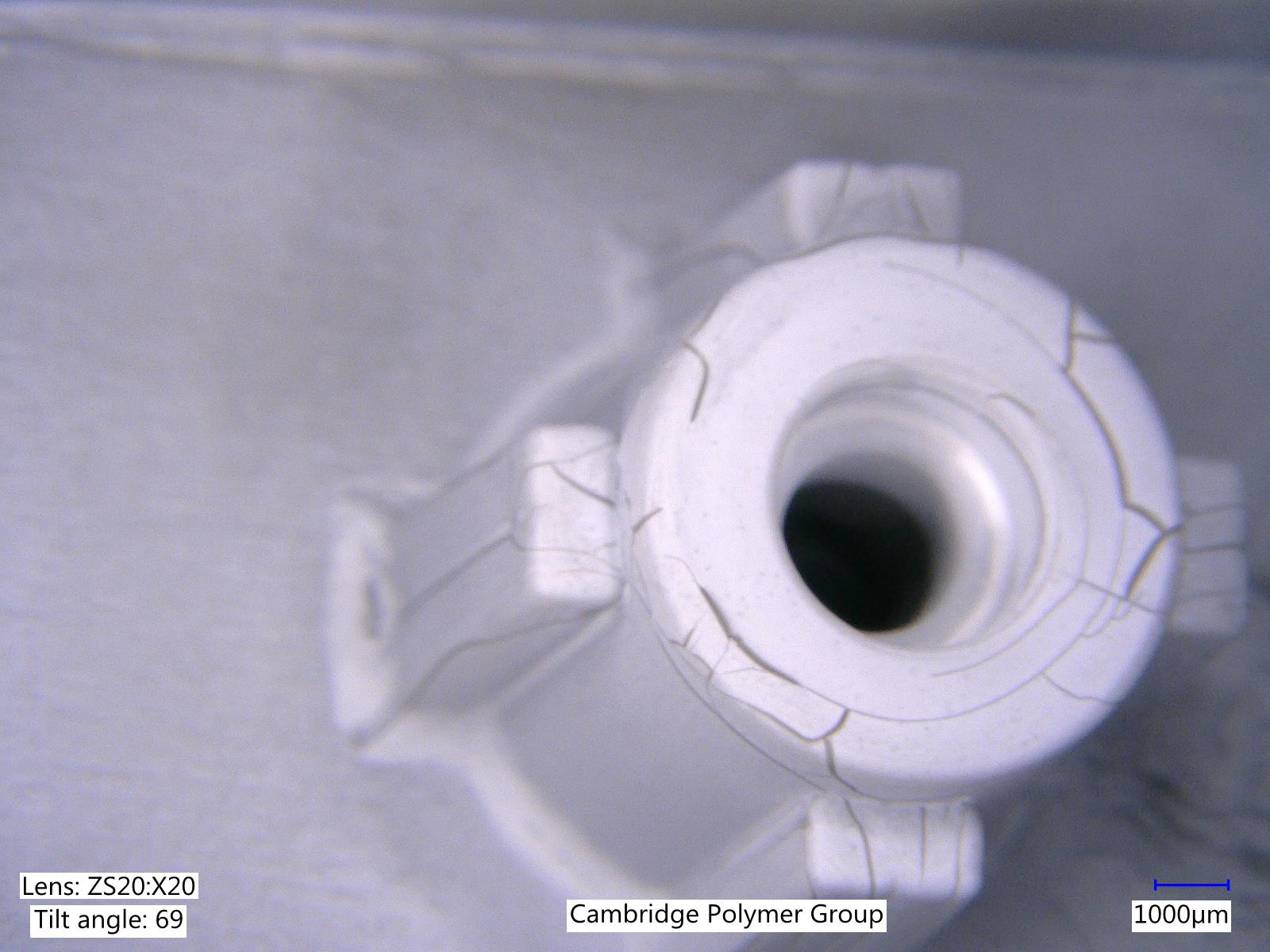
Material Stability Testing: Ensuring Long-Term Product Performance
At Cambridge Polymer Group, we specialize in comprehensive material stability testing to help manufacturers ensure the long-term performance and safety of your products. Our advanced testing capabilities and deep expertise in polymer science allow us to provide critical insights into how materials behave over time under various environmental conditions.
Why Material Stability Testing Matters
Material stability is crucial for:
- Determining product shelf life
- Ensuring safety and efficacy throughout a product’s lifespan
- Meeting regulatory requirements
- Optimizing packaging and storage conditions
- Predicting long-term performance in real-world applications
Our Approach to Material Stability Testing
Accelerated Aging Studies
We conduct accelerated aging tests using elevated temperatures to simulate long-term aging in shorter timeframes. Our approach includes:
- Testing at multiple temperature points
- Careful selection of test conditions based on product specifications
- Analysis of degradation kinetics to extrapolate long-term stability
Real-Time Stability Testing
For a comprehensive understanding of material behavior, we also perform real-time stability testing under recommended storage conditions. This testing involves:
- Monitoring products until they fail specifications
- Establishing accurate shelf-life predictions
- Validating accelerated aging results
Environmental Stress Testing
We evaluate material stability under various environmental stressors, including:
- Humidity
- Light exposure (photostability testing)
- Temperature cycling
- Mechanical stress
Custom Stability Protocols
Our team develops tailored stability testing protocols to address specific product requirements and use cases, considering factors such as:
- Intended storage conditions
- Potential environmental exposures during use
- Regulatory guidelines for specific industries
Advanced Analytical Techniques
We employ a range of analytical methods to assess material changes over time:
- Fourier Transform Infrared Spectroscopy (FTIR) for chemical composition analysis
- Scanning Electron Microscopy (SEM) for surface morphology evaluation
- Mechanical testing to assess changes in physical properties
- Thermal analysis techniques (DSC, TGA) to detect alterations in material behavior
- Molecular weight changes
Comprehensive Stability Reports
Our detailed stability reports include:
- Data analysis and interpretation
- Shelf-life predictions
- Recommendations for storage and handling
- Insights into degradation mechanisms
- Suggestions for formulation or packaging improvements if needed
Why Choose Cambridge Polymer Group for Material Stability Testing?
- Expertise in polymer science and material behavior
- State-of-the-art testing facilities
- Customized testing protocols tailored to your specific needs
- Comprehensive analysis and actionable insights
- Support for regulatory submissions and compliance
Ensure the long-term stability and performance of your materials with Cambridge Polymer Group’s expert material stability testing services. Contact us today to discuss your testing needs and develop a customized stability program for your products.
